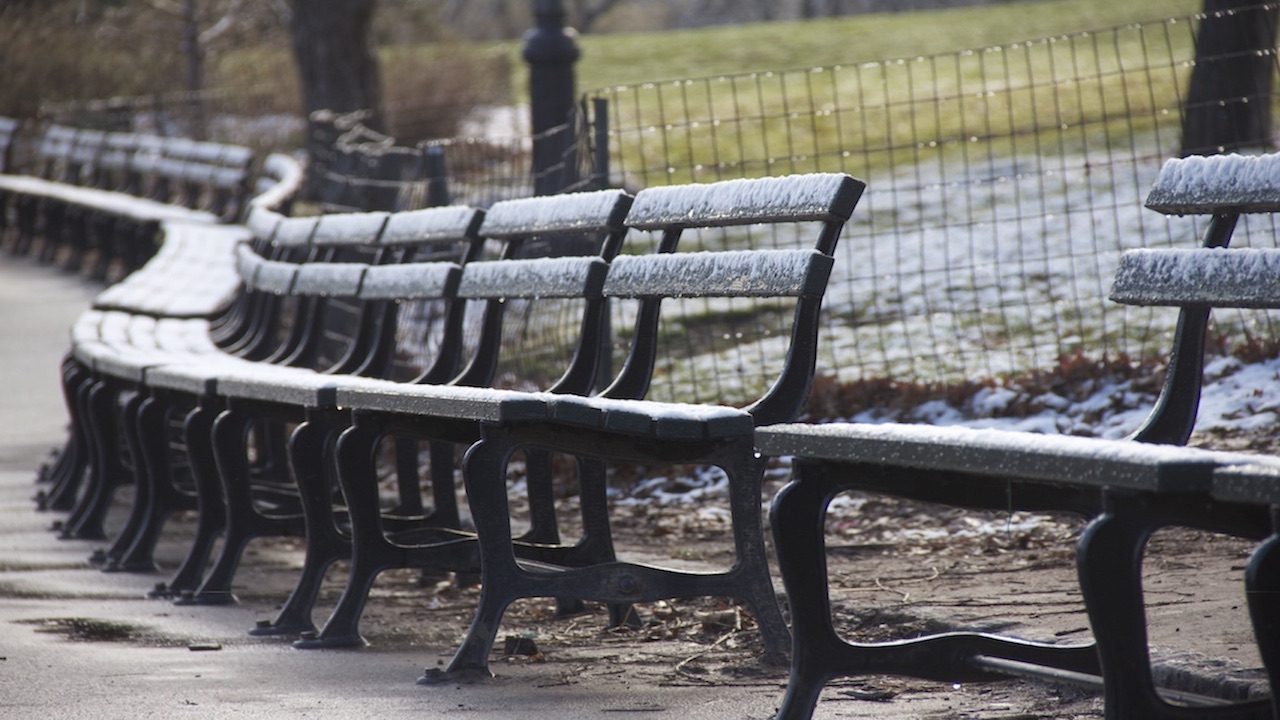Proverb 10:16
“The labor of the righteous leads to life,
The wages of the wicked to sin.”
It’s hard to explore something so straight forward, but let me try.
Life is like an assignment on the job. At the end of it, you get paid according to the job you complete, or fail to, as it may be. Those who labor in righteousness, are paid with life in the end. Those who work for wickedness obtain sin in the end.
interesting that the translation doesn’t use the word death here, isn’t it? As in the opposite of life…
We’ll look at that in a moment. But the first question that comes to mind when I consider the “assignment” we’re on, is ‘what is it?’ Is the ultimate goal simply to become righteous? —not that that is a “simple” task.
I don’t need any evidence to show that I’m not righteous, but Romans tells us “there is none righteous”. So why then, would that be the assignment if it’s not attainable? Perhaps it’s the labor I put into becoming righteous.
It seems a logical (and attainable) assignment then, for someone who is not righteous to learn what righteousness is and to strive to become righteous. And work, it is. But the payment seems fair. Generous, even for someone who is wicked by nature. Whose sentence was death for their sin: a death row pardon. Life. Quite a pay day it will be.
In keeping with the assigned task to become righteous, those who ignore the assignment don’t become wicked. They already are, by way of their lack in righteousness. Therefore they stay wicked. And their payment for so choosing, is sin.
Some translations do use the word “death” here. I’m no scholar and can’t say which is the better translation, but the word “sin” does bring to mind a few old adages:
You get what you ask for
Worth your pay
Earn your keep
The word “sin” does seem to be in keeping with the logic. Death would be a pretty harsh sentence for not completing a task, wouldn’t it? But then again, this is a pretty serious task we’re assigned to. And the word sin does have some nuances that are connected very closely to death. Whether or not it’s physical death is unclear to me.
But one thing is clear as day: the wicked “get what they ask for”. Not in a judgmental sort of way because every single one of us are in that boat together. None are righteous, remember? So none of us have the right to point our fingers at any one else in condemnation. But if one chooses their wickedness over learning to become righteous, that is an entirely different thing. Not in the sense that it gives anyone else the right to condemn. That task is assigned entirely to the Ruler and Judge.
But the payment, then, is fair. If one chooses wickedness over righteousness, that choice is honored with the sin they opt for. Who wants to give up sin, anyway? If we’re honest, none of us do. It’s too appetizing. Too desirous. Too appealing. But therein lies the choice:
Will I choose sin over righteousness and appease my appetite? Or will I give it up in the name of becoming righteous? The choice is mine. That’s fair. And that’s the beauty of this story. We aren’t forced by a tyrant in the end to do it their Way. We can have it our own way, even if we choose our own destruction through sin.
Because let’s be honest—those things that we desire, that appeal to us, that are appetizing. We can’t control them. They control us. And they are all destructive. And we all have those things that vie for complete takeover: alcohol, food, temper, sex, control, narcism, codependency, money, power, greed, physical fitness, knowledge, tranquility, popularity… you name it, we obsess over it. The list is infinitely long and we all have our own lot of obsession.
The work is identifying what it is. Turning it over to the Ruler in complete knowledge that I will succumb to it if I don’t. And in so doing, opt for life at the end of my assignment.
